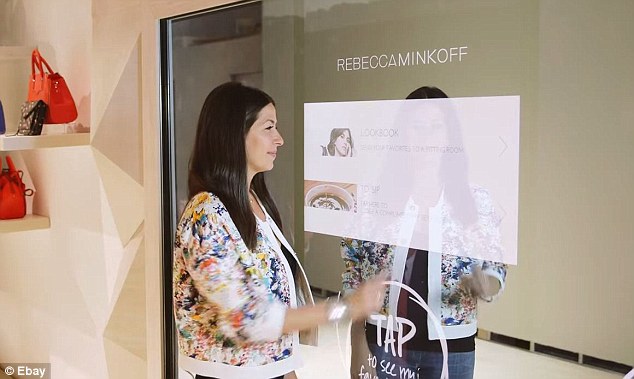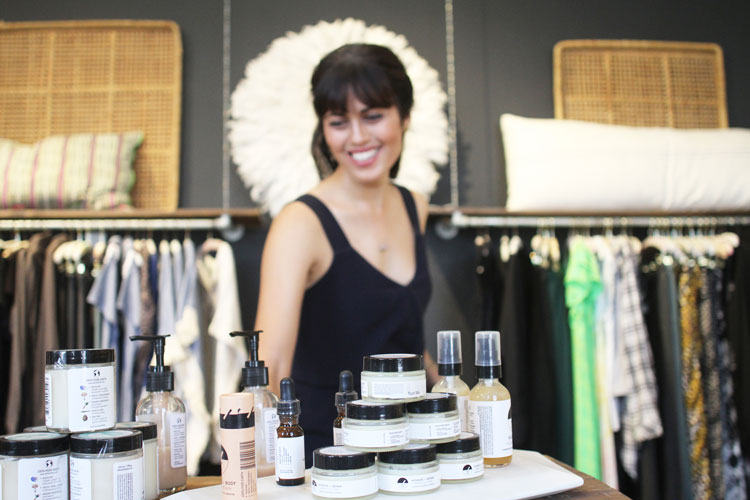When does technology cross the line from beneficial to taking away from the customer experience?
I’ve been struggling with the latest in innovation for retail. The new Amazon grocery store in Seattle and the new Rebecca Minkoff store in Manhattan are opting out of the traditional selling experience. They’ve ditched the cashier and sales associate roles in lieu of new self service and automated checkouts.
I’ve always enjoyed walking into a Whole Foods and being able to ask a sales associate to give me qualitative information about products. In fact their experience can largely sway an opinion. Think about ordering food at a restaurant- ever asked the waiter what’s the best on the menu and order that? What if the waiter wasn’t there and every time you ordered something you had to guess what to order? Or have you ever wanted to buy something that went with your outfit, but no one was there to give an opinion? How frustrating.
Taking away key decision making drivers in the sales process leaves a vacuum for a new types of technology to enter. One new technology would aggregate customer feedback and experiences per product and segment based on your friends and similar interest groups. Your friends become the curators. This would go beyond a Yelp or Amazon review system and be curated by similar interest groups.
Another type of technology that will gain traction will be interactive mirrors and social selling apps that allow the customer to take photographs of themselves and share with friends to get instant feedback- these already exist but have yet to take off. In essence, the role of the sales associates preference would be replaced with that of friends and social groups.

So then what does the role of the store play? I’ve written in the past that customers are looking for a more interactive in store experience (see the article on my talk at the SAP Retail Forum). They want events, curation, and customization. They crave an experience that is personal and tailored to them.
This is the age of individualization not normalization.
The question remains-will these new types of stores gain traction? If it works in tandem with technology that fulfills the social needs and information needs of a cashier or sales associated then yes. If it leaves the customer hanging, then these stores become showrooms where people will go to look and buy at home- a trend we started to see back in 2012.
As we wait to see what happens with in store trends my advice is to continue to think about your customer value proposition. What value do you offer besides selling products on a shelf? Rebecca Minkoff is first to market in her space selling products up to $1,500 in this new concept store. The novelty of it will drive in store traffic- but will it correlate to sales?
Amazon might see a correlation between in app searches and in store buying- leveraging its app as an information hub and who knows, maybe they will be integrating your in store purchase with the nutrition count and syncing it up with your health data. Scary, but totally possible! Lots of possibilities here, but at the end of the day customer purchasing power is king and will dictate if this new concept store experience will last.
Syama Meagher is the CEO of Scaling Retail, a retail strategy firm that offers insight and strategic consulting to fashion and retail brands. To get insight on sales, marketing and merchandising for your business email: hello@scalingretail.com.

